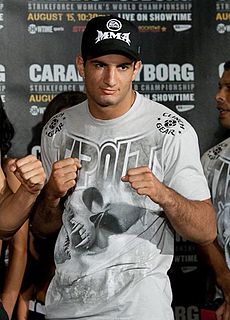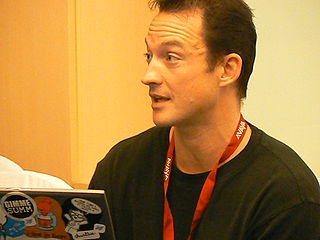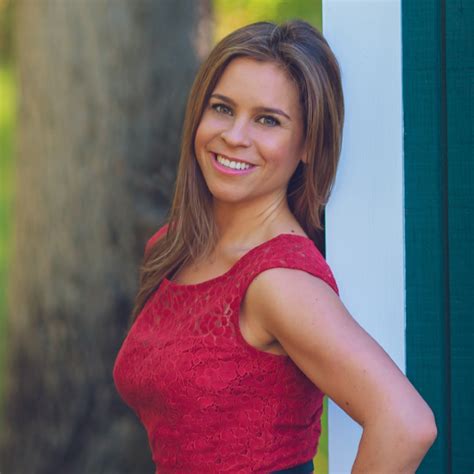A Quote by Jenova Chen
When we approach games, we're always emotional-focused, so if a free-to-play business model works against the emotion, we won't use it. If it actually works well with the emotion, or if we can come up with a new way to do monetization that's different and that's unique for the game, I would go for that.
Related Quotes
Now with our Software Developer Kit (SDK), any developer can embed Emotion AI into the apps, games, devices, and digital experiences they are building, so that these can sense human emotion and adapt. This approach is rapidly driving more ubiquitous use of Emotion AI across a number of different industries.
Whenever we're all getting ready for a playoff game, you know how serious those games are, and you try to motivate your guys. There's a lot of emotion that goes into those games, and when I play, it's all about winning, and it's all about doing whatever it takes to fire guys up and to get that emotion running.
I think actually any morality system that rewards only the extremes is a flawed system. Players don't approach life that way, they don't approach games that way, and they shouldn't be trained to approach games that way. They shouldn't be in the mode where, "I've got to choose every good option." They should just play the game. And they should get equal consequences or rewards for that, that are different from the extremes.
It's all emotion. But there's nothing wrong with emotion. When we are in love, we are not rational; we are emotional. When we are on vacation, we are not rational; we are emotional. When we are happy, we are not [rational]. In fact, in more cases than not, when we are rational, we're actually unhappy. Emotion is good; passion is good. Being into what we're into, provided that it's a healthy pursuit, it's a good thing.
Jesus, music has always been my first love. I use music in my work because it's the fastest way to an emotional place. You hear a song, and that memory comes right back-- you're there... Making music is immediate, and it's all about you. If you're playing guitar, the feeling comes through-- the way you bend the note, the intensity with which you hit the strings. With making films, although it's real emotion, it's false emotion. You're lying.
Not that I play guitar anywhere near as well as she sings, but I think I have always had a tendency to play solos the same way, in emotional relation to the structure of the song. I choose simple lines, and only play what seems emotionally relevant, and often express that emotion in time, that is in play or resistance to the set time of the song.
So take a new approach as to how you feel emotions. It's not about the right emotion or the wrong emotion; it's about honoring the way that you're feeling. We tend to think that being sensitive is a weakness, but it really gives us an ability to be compassionate and to appreciate so many things in the world.
People in both parties from the congressional intelligence committees - all these co-opted officials who play cheerleader for spy agencies - go on these Sunday shows and they say: "Snowden was a traitor. He works against Americans. He works for the Chinese. Oh, wait, he left Hong Kong - he works for the Russians."








































